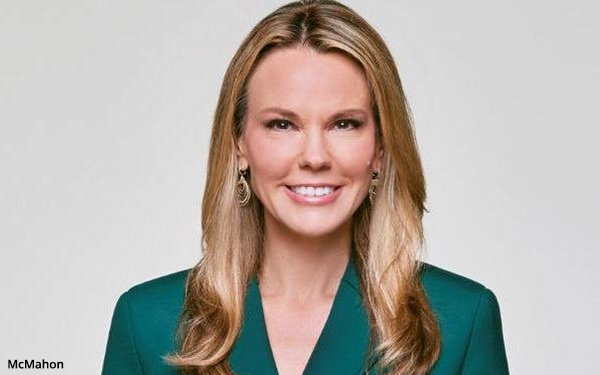
If you are a core, average TV news viewer -- or even
maybe an average TV news advertiser (brand or media-buying executive), what do you make of the departure of two senior CBS executives in recent weeks, over differences with senior management?
Wendy McMahon is exiting CBS as president and CEO of CBS News and Stations/CBS Media Ventures. Why?
“The past few months have been challenging,” she wrote in a company memo. “It’s become clear that the company and I do not agree on the
path forward. It’s time for me to move on and for this organization to move forward with new leadership."
This follows the exit of “60 Minutes” executive producer Bill Owens,
who resigned earlier this month, citing a similar disagreement.
advertisement
advertisement
All this comes as corporate owner Paramount Global has been in talks with President Donald Trump about resolving a lawsuit in
connection with an CBS News “60 Minutes” interview last year with then-Vice President Kamala Harris, who was running for President against Trump.
The Trump lawsuit complains about
the "editing" of the interview -- something all journalists regularly do as part of TV or video or print or radio or online duties, as part of putting together their reports and stories. It is
something that has been done since the beginning of journalism.
Reading between the lines, it seems, McMahon was very likely responding to knowledge of those talks and did not like the
corporate management strategy -- or a decision -- in the dealings with President Trump.
And a louder outcry has come from media publications over this kind of specific political messaging (see
ABC News settlement with Trump) now that Trump has returned for a second term as President. He keeps threatening lawsuits far and wide, which many believe will lead to financial harm and downward
business trends.
In the case of Paramount Global there is a bigger fish to fry -- a lucrative $28 billion dollar acquisition by the on-the-Paramount-lot film/TV producer Skydance Media that
still needs regulatory approval.
One wonders where core TV advertisers stand. Many news TV advertisers typically only look at TV in a narrow context: Key viewership; online return on
investment engagement; or perhaps overall brand awareness -- especially where big TV news audiences still gather.
Over the past 12-month period, it was estimated that “CBS Evening
News” took in $79 million in advertising revenue, with "CBS News Morning” estimated at $30.4 million and “CBS News Sunday” at $39.8 million, according to EDO Ad EnGage --
with "60 Minutes” coming in at $71.7 million, down 10% year-over-year.
What is the political overhang on all of this for marketers? For some it is all about "content" -- as many would
still like to call fact-based, truth-seeking news journalism -- and viewer engagement.
Is that a good thing -- or something else?